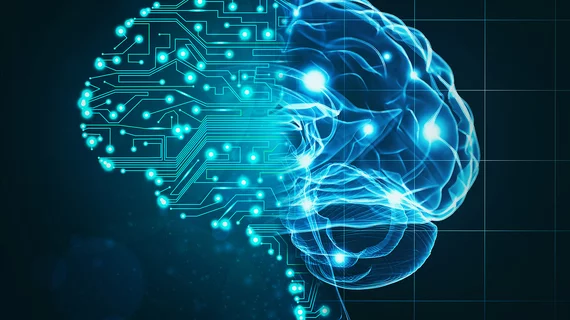AI diagnoses prostate cancer as well as pathologists
Researchers have developed a deep learning system capable of evaluating tissue samples and diagnosing prostate cancer at a level comparable with many pathologists. The team shared its findings in The Lancet Oncology.
“The Gleason score is the strongest correlating predictor of recurrence for prostate cancer, but has substantial inter-observer variability, limiting its usefulness for individual patients,” wrote lead author Wouter Bulten, MSc, Radboud University Medical Center in the Netherlands, and colleagues. “Specialized urological pathologists have greater concordance; however, such expertise is not widely available. Prostate cancer diagnostics could thus benefit from robust, reproducible Gleason grading.”
The team speculated that an AI tool could be developed that graded prostate biopsies following the Gleason grading standard. Bulten et al. explored data from patients treated at a single facility from Jan. 1, 2012, to Dec. 31, 2017. Three expert pathologists provided a reference standard so the deep learning system’s performance could be accurately measured.
“The AI system has now been trained with 5,759 biopsies from more than 1,200 patients,” Bulten said in a prepared statement. “When we compared the performance of the algorithm with that of 15 pathologists from various countries and with differing levels of experience, our system performed better than [10] of them and was comparable to highly experienced pathologists.”
In the same statement, Bulten noted that Radboud University Medical Center was able to collect the appropriate data thanks to its central role in managing patient care.
“It is advantageous that we are an academic hospital,” he said. “We are close to the patient and the practitioner, and have our own database of biopsies.”
Overall, the authors concluded, this newly developed deep learning system showed potential for screening biopsies, producing second opinions to healthcare providers or even presenting key quantitative measurements.

